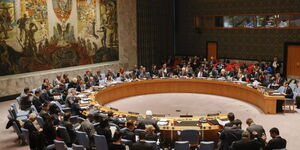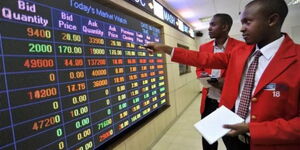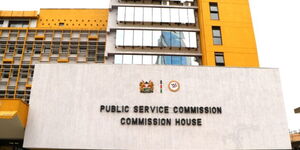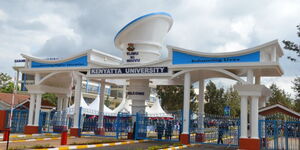The Nairobi Metropolitan Services (NMS) has announced that five laboratories have been prequalified to test food before it is sold to the general public in the city.
In a statement, NMS highlighted that the five approved laboratories will be tasked with the primary responsibility of ensuring that contaminated food that is not fit for human consumption does not find its way into the market.
The food industry in the capital includes cafeterias, restaurants, hotels, and food vendors among others. To operate such a business, the owners must acquire a health certificate.
Mayfair Health Services Limited, Quality Plus Laboratory, Consultancy Services Limited, MediTest Diagnostic Services Limited, Corner House Laboratory Limited, and Jamhuri Medical and Laboratory Services Limited are the approved facilities.
NMS went ahead to urge food handlers and anyone in the food industry to seek certification to be allowed to run such operations in the city county.
“Only Nairobi Metropolitan Services approved and Nairobi Revenue Services generated Food Handlers Medical certificate will be accepted for compliance," said Mohamed Badi, the NMS Director General.
These directives are in line with the city’s rules governing the handling of food. City laws state that any meat or poultry should be inspected before being taken to the market.
“A person working in a food shop or store must have a valid medical certificate. Any person in the city should not trade in food unless he has an appropriate license or permit,” reads a message on the city’s website.
The city regulations outline that a health inspector is allowed to inspect any food store or food-related business at any moment.
Blocking a health inspector from an inspection is an offense.
According to NMS, for one to acquire a health certificate, any food handler needs to apply at the nearest county office pay the required Ksh700, and undergo several lab tests before getting approved.
The county government of Nairobi has taken caution to prevent an outbreak of food-related diseases by monitoring the quality of food sold in the capital and regulating food handlers.












